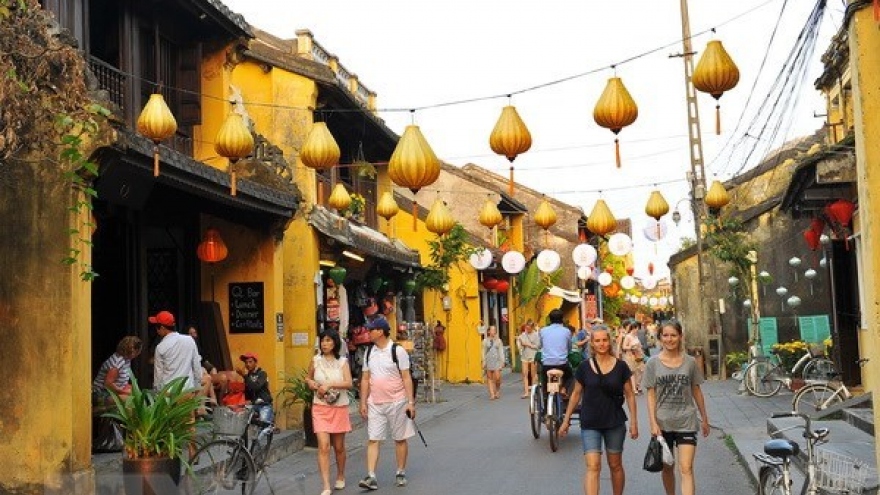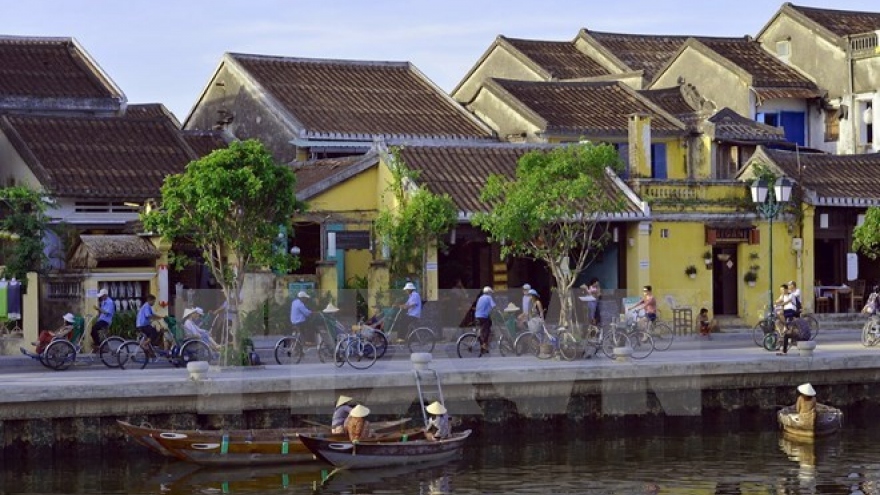Experts discuss measures to boost tourism development
Experts gathered at a seminar in Hanoi on November 8 to share a wide range of solutions to future tourism development in Vietnam.
 |
| Renowned Ha Long Bay in Quang Ninh province |
Tourism directly creates nearly 2.5 million jobs, accounting for 4.6% of Vietnam’s total jobs, according to the World Tourism Council.
The council forecast that international arrivals to Vietnam this year will increase 22%-24% and domestic visitors will go up 8%-10%, while revenue from tourism activities will surge 16%-18%.
In almost all cities and provinces, tourism is the fastest growing economic sector and makes significant contributions to local economic development, Vinh said.
Prof. Dr. Nguyen Van Dinh, a tourism expert, stressed the importance of studying global tourism trends in building a national tourism development strategy.
The strategy should target the development of modern tourism forms and products, such as leisure tourism in combination with sightseeing, kayaking, diving and water-skiing; adventure tourism; eco-tourism; community-based tourism; health tourism; and MICE (meetings, incentives, conferences and exhibitions) tourism, he said.
It is necessary to prepare a contingent of high-qualified tourism managers and staff as well as tour guides, he said, adding that the training must be done by tourism companies with the VNAT support.
Meanwhile, Dr. Nguyen Van Luu, former head of the Training Department under the Ministry of Culture, Sports and Tourism, mentioned the promotion of on-the-spot exports through tourism.
“We need to boost on-the-spot exports by attracting more international tourists to Vietnam, lengthening their stay in the country and increasing their spending on the basis of developing new products, diversifying and improving the quality of export products”, he said.
Vietnam should focus on luring visitors from markets in Northeast Asia such as Japan, the Republic of Korea, China, and Taiwan and Hong Kong (China); Southeast Asia; and the Pacific.
It also needs to maintain markets of high-class tourists like Western and Eastern Europe and North America, while expanding to new markets such as the Middle East and India, Luu added.
All ideas shared at the seminar will help the Institute for Tourism Development Research to have more accurate and fuller assessments of the role of the tourism industry in the country’s economic development, thus recommending practical and effective orientations and measures to boost tourism development in the future.



